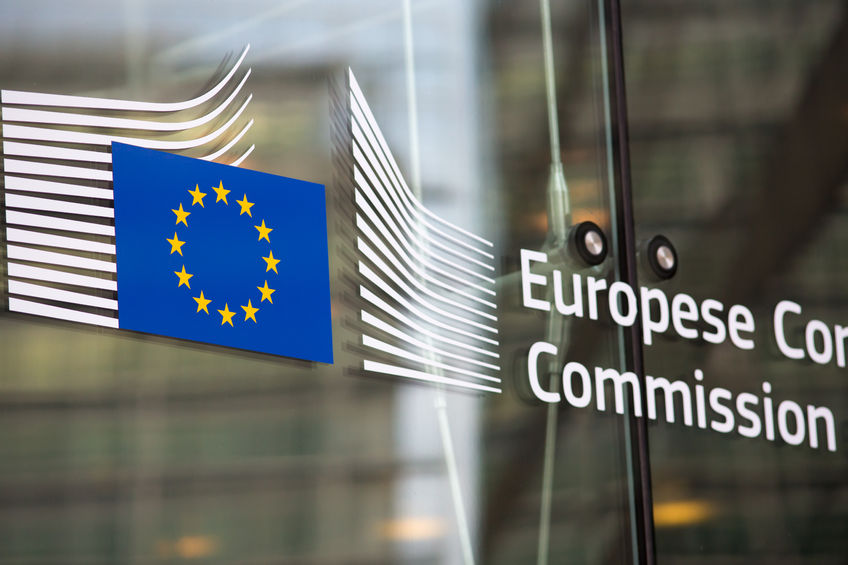
The European General Court has today rejected industry evidence that the European Commission decision to restrict neonicotinoids did not have a legal basis.
Action was brought by Bayer Crop Science and Syngenta, who fear that banning neonicotinoids would mean farmers reverting to older chemicals and spraying more.
The news follows the European Commission's decision to enforce an almost-complete ban on the use of neonicotinoid insecticides across the EU last month. It covers three active substances, all developed by Bayer or Syngenta.
The restrictions were imposed after a previous report by European Food Safety Authority (EFSA) concluded that they posed a "high acute risk" to honey bees.
But the court has today (17 May) rejected the chemical companies concerns. Syngenta said the ruling was “disappointing and unfortunate”.
The Agricultural Industries Confederation has also reacted, calling it "disappointing".
The Confederation said it believes in an approval system that is "based on scientific evidence, independent review and an assessment of impacts, rather than politics."
“Effective modern crop protection products are an essential part of meeting UK government’s drive to raise productivity whilst enhancing the environment,” said Hazel Doonan, Head of AIC’s Crop Protection Sector.
“If innovation is to take place, it relies on those involved in discovering and bringing new technology to the market, to have a clear regulatory framework within which to operate.”
Parties now have two months to decide whether to lodge an appeal at the EU’s highest court, the European Court of Justice.
